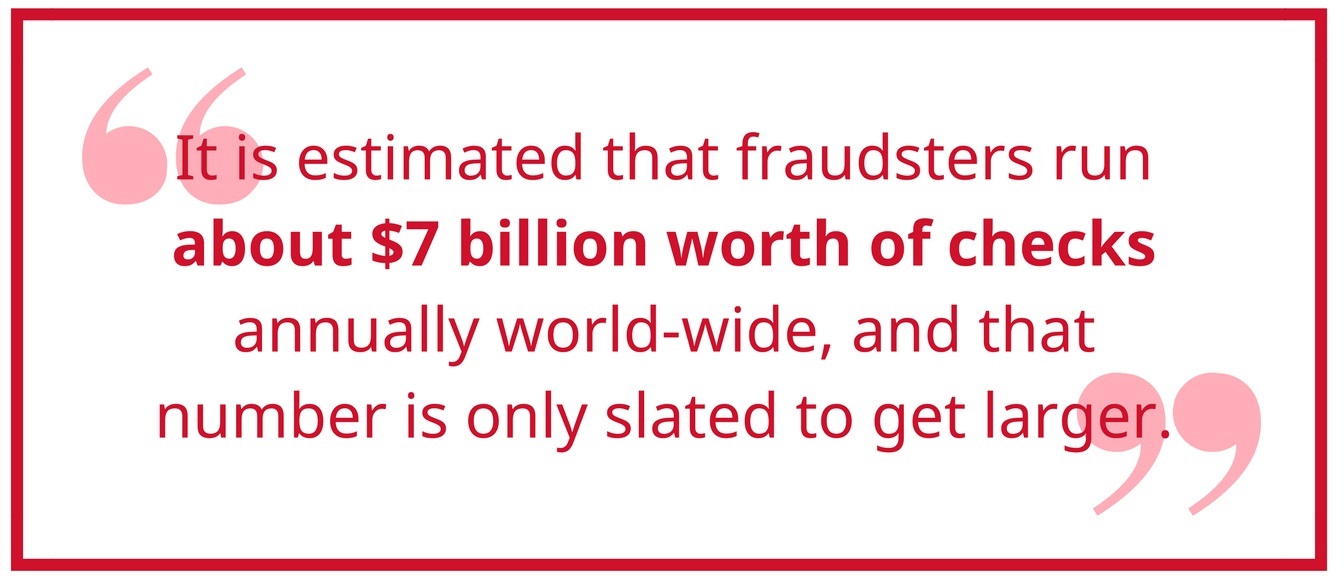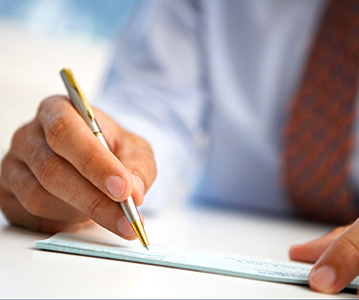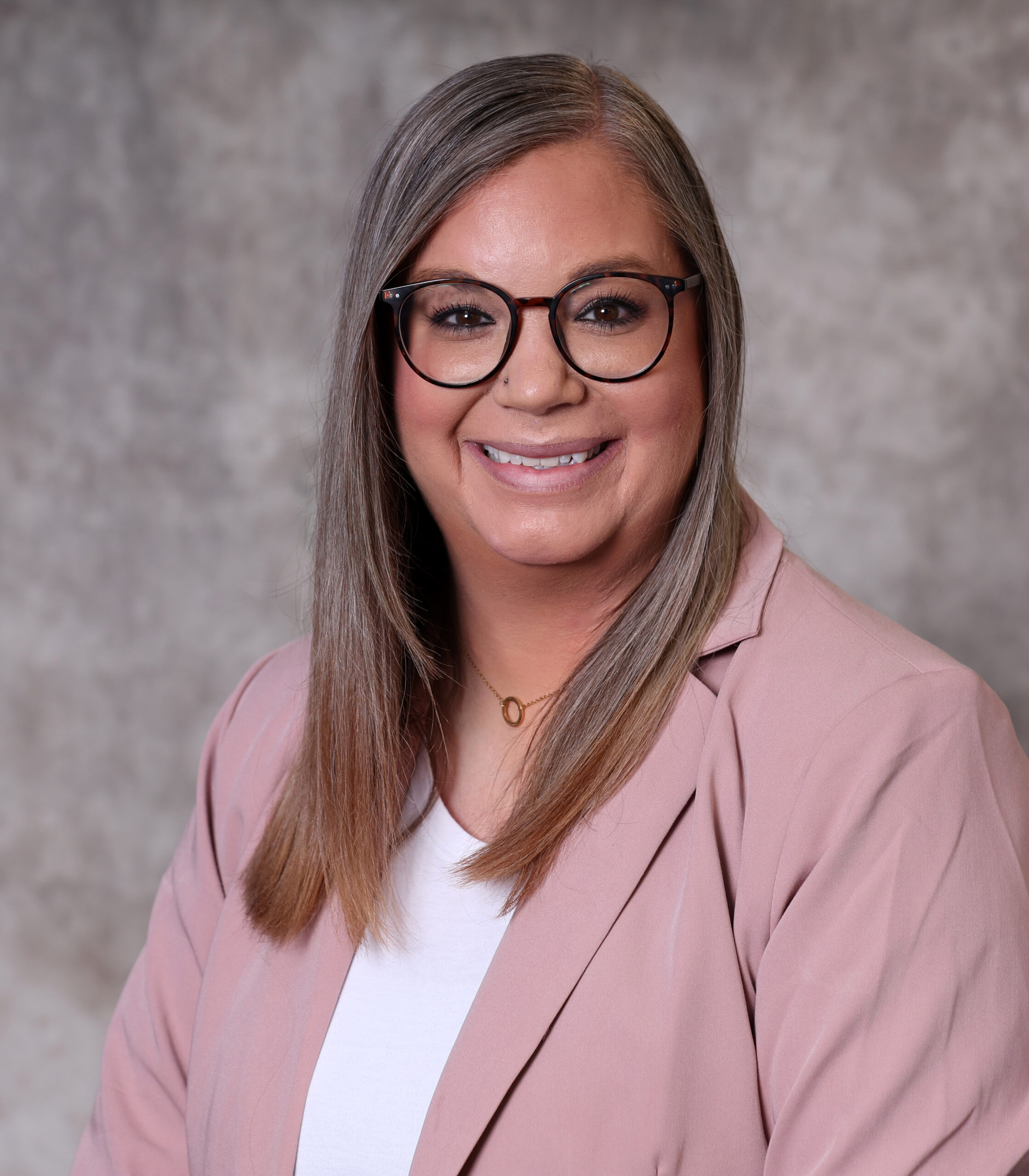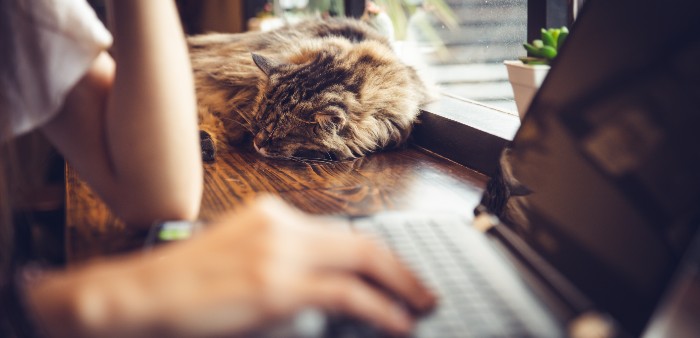For many of us as individuals, writing checks is mostly a thing of the past. But for businesses, checks are still very common. And, unfortunately, counterfeiting continues to be a common practice for criminals to steal from businesses. It is estimated that fraudsters run about $7 billion worth of checks annually world-wide, and that number is only slated to get larger.
While consumers don’t necessarily write a lot of checks, it doesn’t mean that a fraudster won’t attempt to scam you out of thousands of dollars using those checks that are impacting businesses. Fraudulent checks are passed through a wide variety of sources, such as Craigslist, job postings, online lotteries, auction websites, dating websites, and much more. The fraudster’s final goal is to come out on top and do whatever it takes to take advantage of the person on the other end.

Tips to Prevent Fraudulent Check Scams
Don’t be fooled by the appearance of the check. Fraudsters are using sophisticated technology to create counterfeit checks that mirror the appearance of legitimate checks. There is a wide variety of types of checks, counterfeit money orders, cashier’s checks, and others that look like they are from legitimate business accounts. The companies whose names appear may be real, but fraudsters are creating these checks without their knowledge.
There are a multitude of red flags on a physical fraudulent check, but here are some general things to look for:
- Typos in names of the payer, payee, bank, dollar amounts, etc.
- Out of state payers and out of state banks
- Bank logos are either missing or are faded
- Amount is usually under $5,000 (but could be any amount)
- Notations in the memo-line suggesting legitimacy (cash, authorization, void after 30 days, payment, etc.)
Even if the check has “cleared,” you may not be in the clear. Under federal law, banks must make deposited funds available quickly, but just because you can withdraw the money doesn’t mean the check is good, even if it’s a cashier’s check or money order. If you have any questions about whether or not the check is good, talk to your banker. Be sure to explain the source of the check, the reasons it was sent to you, and whether you are being asked to wire money back.
Report any suspected fraud to your bank immediately. If you suspect someone is trying to pull a fraudulent check scam, bring it to the attention of a Bankers Trust staff member. Provide as much information as possible regarding your situation.








 Equal Housing Lender. SBA Preferred Lender. NMLS #440379
Equal Housing Lender. SBA Preferred Lender. NMLS #440379